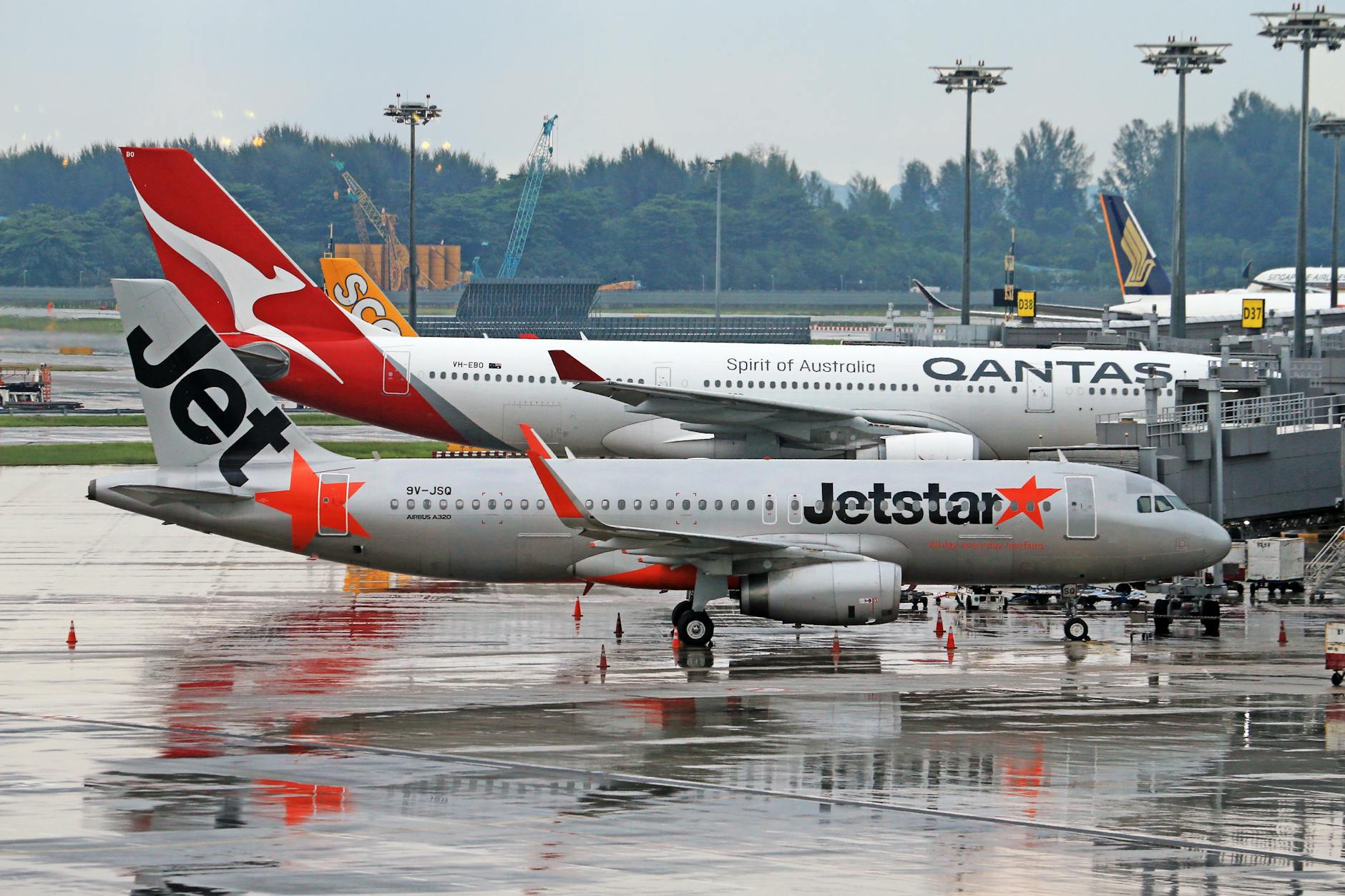Recent U.S. tariffs on Chinese imports, including a 145% levy, have significantly disrupted trade flows, leading to a 45% drop in container bookings and a 30% decline in airfreight volumes from China to the U.S. Major ports like Los Angeles anticipate a one-third decrease in container arrivals, prompting companies to defer shipments or seek alternative sourcing.
This shift is inadvertently encouraging the use of local resources and domestic production, as businesses adapt to the increased costs and complexities of importing goods. In other reports, there has also been a notable uptick in upcycling and the used goods marketplace.
The situation underscores the complex interplay between trade policies and sustainability efforts, as companies navigate the challenges of higher import costs and supply chain disruptions.
While the tariffs aim to protect domestic industries, they have also raised concerns about inflation and economic growth.
U.S. Treasury Secretary Scott Bessent acknowledged the U.S.-China trade war’s unsustainability and signalled a willingness to de-escalate, though formal negotiations have yet to commence. In a recent speech at the Institute of International Finance, Bessent further clarified the goals of the current US administration. Those included that it will keep its markets open and its security guarantees in place, but expects allies to shoulder more defence costs, along with tackling trade imbalances, and reorienting the World Bank and the IMF.
News & Related Coverage
Context & Background
The U.S.-China trade war has seen escalating tariffs, with the U.S. imposing a 145% tariff on Chinese imports and China retaliating with 125% tariffs on American goods. These measures have led to significant disruptions in global supply chains, affecting various sectors including manufacturing, agriculture, and retail. The increased costs associated with importing goods have prompted businesses to reconsider their supply chain strategies, leading to a greater emphasis on local sourcing and production. This shift aligns with sustainability goals by potentially reducing carbon emissions associated with long-distance transportation and promoting the use of domestic resources. However, the broader economic implications, including potential inflation and slowed growth, remain a concern for policymakers and industry leaders.
In This Story
Scott Bessent
U.S. Treasury Secretary who has acknowledged the unsustainability of the current trade war with China and signaled a willingness to de-escalate tensions.
Port of Los Angeles
Major U.S. port anticipating a one-third decrease in container arrivals due to the impact of tariffs on trade volumes.
Hapag-Lloyd
German shipping company reporting significant booking cancellations as a result of decreased demand stemming from the U.S.-China trade tensions.


















Comments are closed.